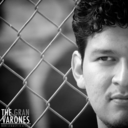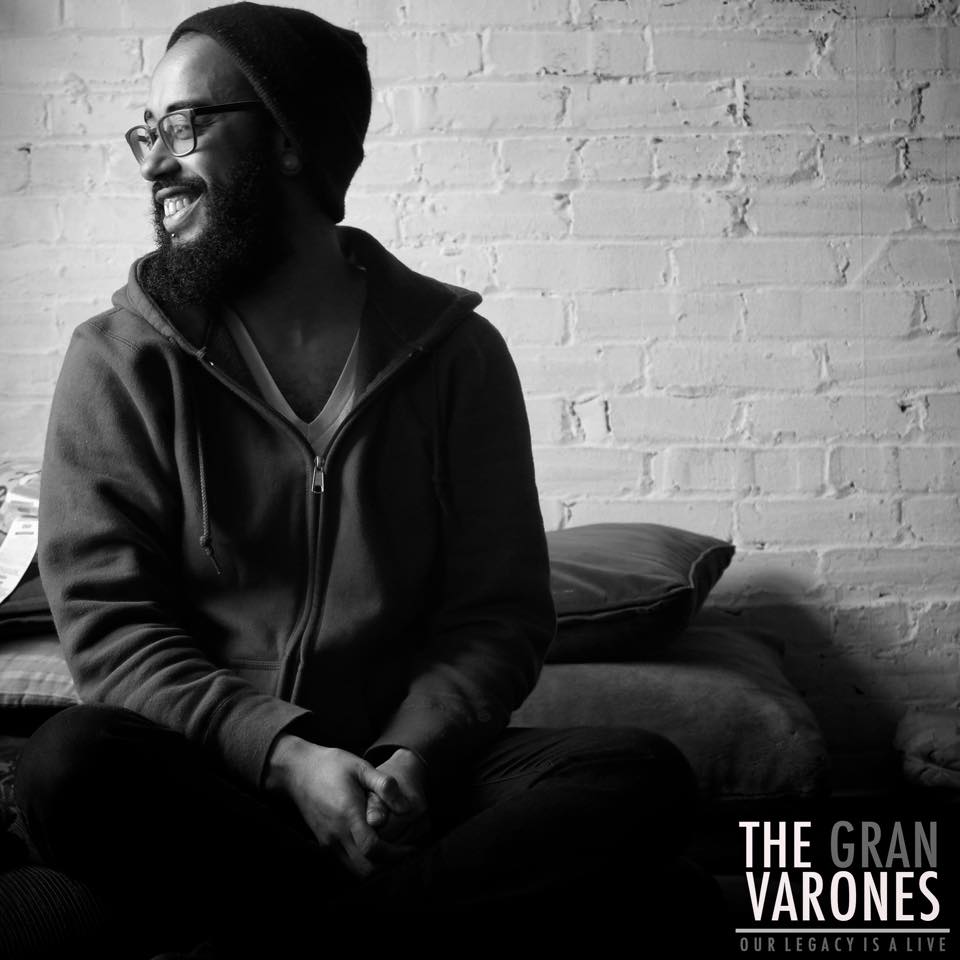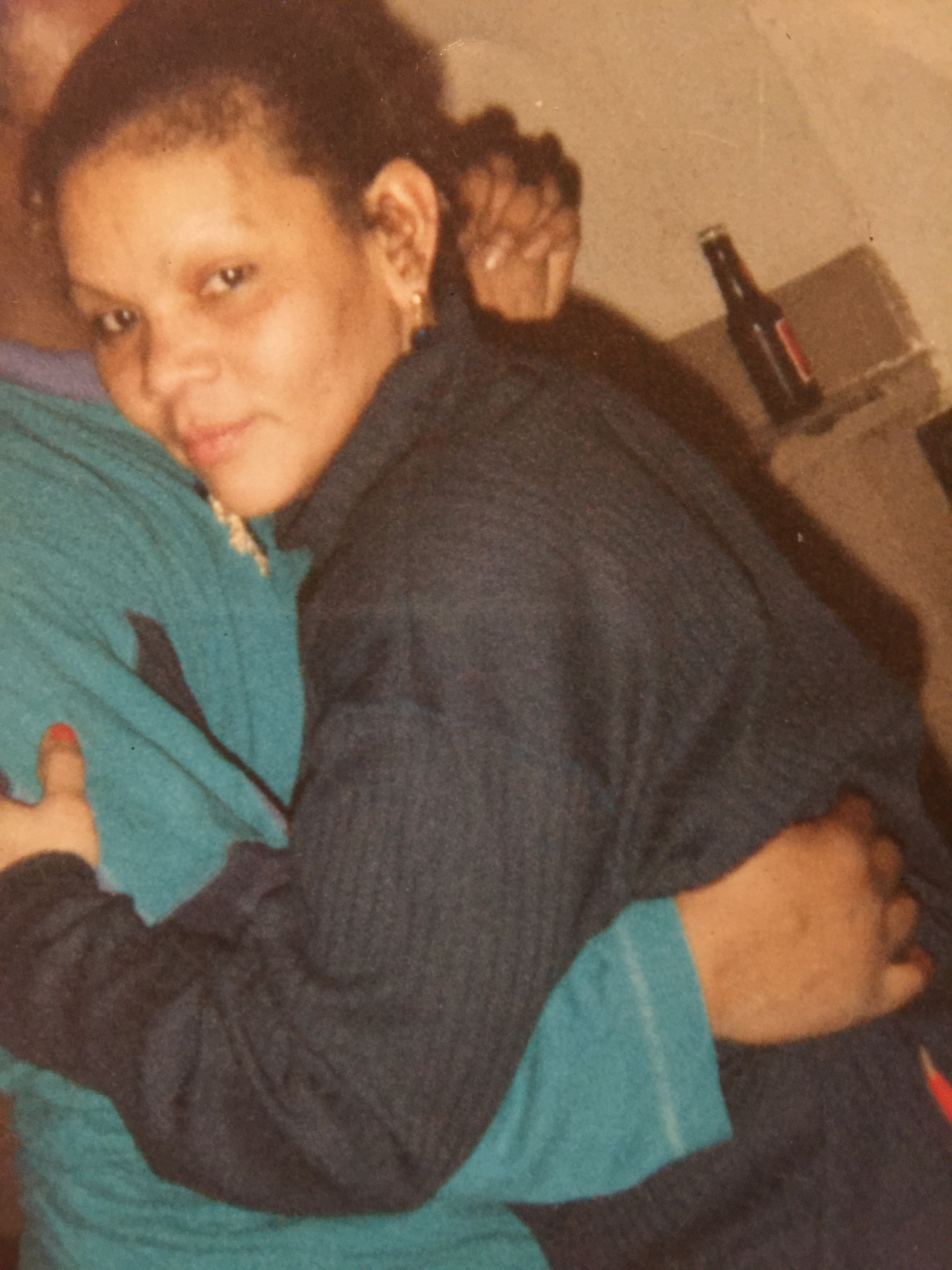Louie: So when did you know you were gay?
Danny: Always. Since
my first memory, my first attraction, my first crush. I guess I just
remember like, you know you are in kindergarten and little girls get
crushes on little boys, I was like “why am I crushing on this little
boy?” Like little Maria was passing me notes talkin’ about “Do you like
me?” I was taught to say “yes” to a girl, so I checked “yes,” But I was
really looking at little Edwin over here. (LOL)
In the fourth
grade, we had safety patrols, so we were on this trip to Dutch
Wonderland in Lancaster and my partner was this other Spanish kid who I
was crushing on. I won’t say his name but we were friends and we decided
we were going to be partners for the day and we had to hold hands and I
was so hype that I got to hold this kid’s hand. I tried hold his hand
on the bus. I was like “I’m not letting you go” (LOL)
Louie: We you always okay with it, knowing you were gay?
Danny: No because, the way my family set up, my sister has a different
father and she has another set of siblings. My sister had a brother who
was also gay and I used to hear the family talk about him like, I don’t
like to use the word, but of course they would use the word, “faggot.”
They would talk about how feminine he is and that’s how my dad taught me
being gay was “wrong.” So of course I had already had those feelings
[attractions] way before that but hearing the way my family spoke of
this one dude, I was like alright “this is not something I can tell
people and this is something I am supposed to hide.”
When my dad
had the birds and the bees talk with me it would always be about females
and “oh you gotta look at their tits and look she got a fat ass.” And I
was “yeah, ok.” It never really resonated with me but I felt like,
alright, I’ll take your word for it. It doesn’t do anything for me but I
guess I am so supposed to do that so I am gonna look.
Louie: So what was it like when you came out?
Danny: I got kicked out my house every other week for being gay. It
would be like “If you are living under my roof, you can’t live that
life.” Alright, fine. You know, once you leave [Vineland], you see the
big city. In New York, no one cares what you do. You can have purple
hair, purple eyes and blue skin and people wouldn’t look at you twice
people are used to seeing that and more over there. So I am pretty sure
that two guys holding hands was nothing to them. So every time I would
get kicked out, I would hop on a bus to Atlantic City and then from
Atlantic City to New York and I would go to The Village. I would see the
craziest shit and I would be like “Wow, people don’t even give it a
second look over here, why is it such a big deal over there [Vineland]?
So every time I would get kicked out, I would stay longer and longer in
New York until I just stayed there.
Louie: How old were you?
Danny: I’m 29 now and this was like in 2002.
Louie: What is your relationship with family now?
Danny: With my parents, it’s one of those taboo subjects. Yeah, they
know I’m gay but that is something we don’t talk about. They don’t ask
“Oh how are you doing? Have you met someone? Have been on a date
recently?” or “Congratulations, you just got the right to marry. Do you
plan to get married?” It’s more like “How was your day? and “How’s
work?” That’s it. My sisters are great with it. They will ask me “Yo,
what’s up? You haven’t brought anyone around in 4 years. What’s going on
with you? Why are you still single?” My brother, we don’t talk about it
too much, but I know if I were to meet somebody, he would have no
problem accepting that person.
Louie: Does this impact you’re being in relationships or dating?
Danny: It does because if I am with somebody and we’re on a serious
level, part of that is introducing that person to my family. I have
introduced one or two people to my family who I thought were gonna stick
around for a while. My parents were welcoming, they didn’t treat them
any different but in my mind, I can’t bring anybody around my family who
is not showing signs of longevity. If I am not sure about you, I am not
gonna bring you around my family. I don’t wanna bring someone around my
family and then the next day their gone. Then they [my family] ask
“What happened to…? Well that’s gay people do.”
Louie: If you could tell 14 year old Danny anything, what would you tell him?
Danny: I would tell him, yeah, People are gonna knock you for who you
are or who you would become, rather. Don’t let the words of people
affect how you live your life and what you want to do with it. I can’t
tell you how many opportunities were knocked out of my hand because I
listened to people say “Oh you ain’t shit because you’re gay and you’re
gonna come back here, you’re gonna be dying of AIDS and blah, blah,
blah” And all that was in my head and I carried that with me for a long
time. I’m not doing the best but I was doing well for myself I know many
of the people who said those words are eating them right now.
Louie: Thank you.
Danny Molina, Vineland, New Jersey
Interviewed & Photographed by: Louie A. Ortiz-Fonseca




